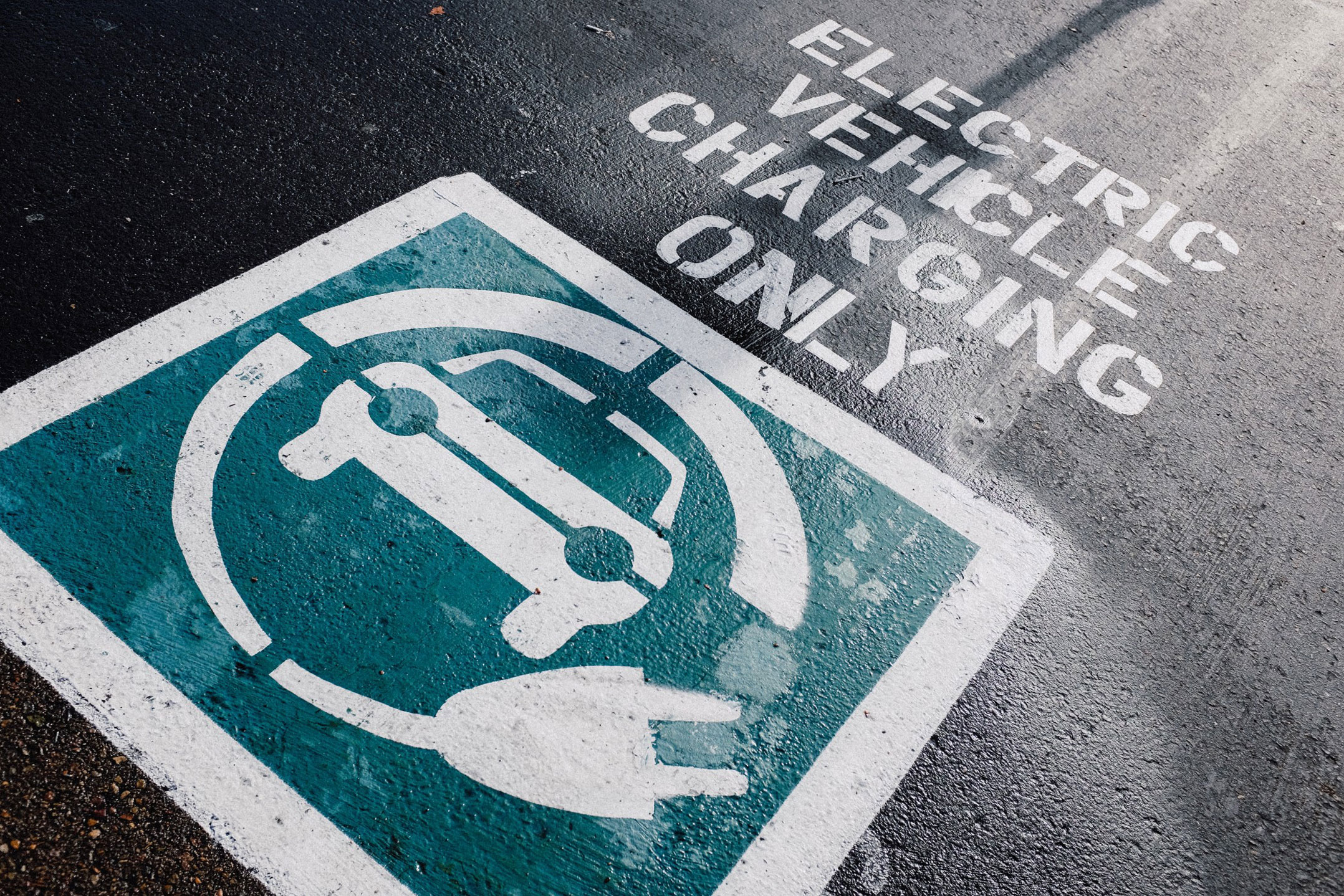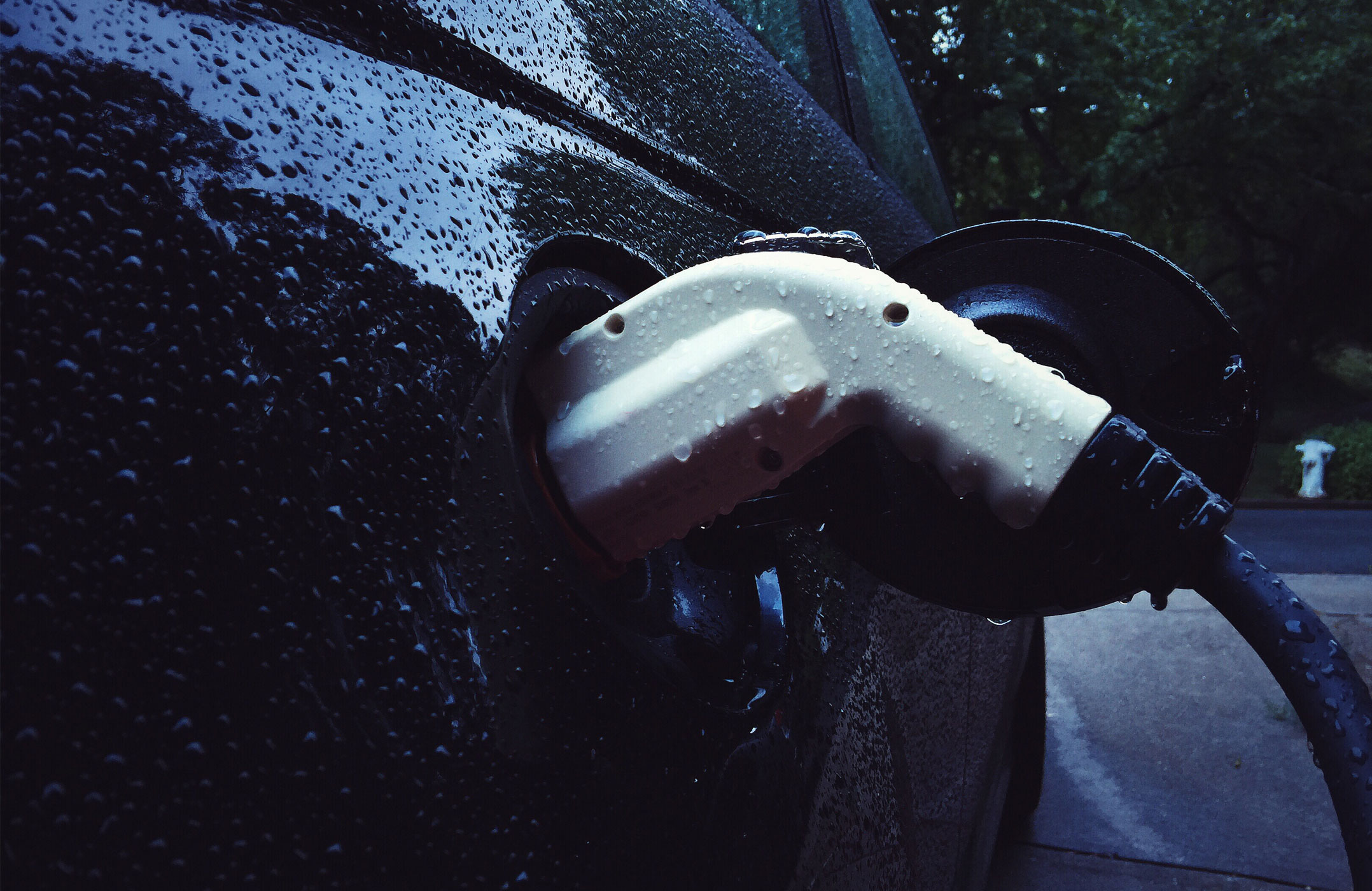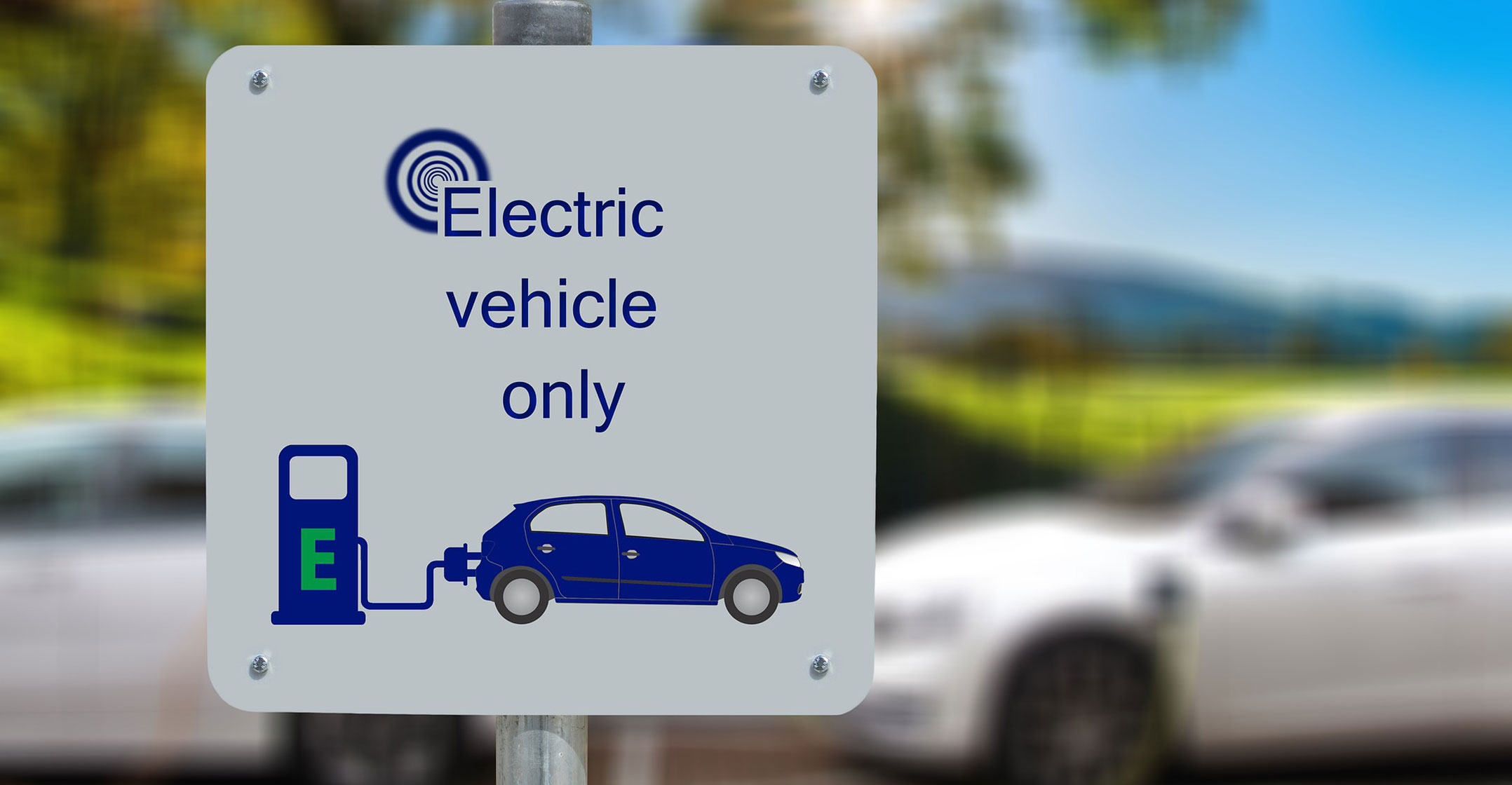 Electric vehicles (EVs) will account for about 70% of the global passenger vehicle sales mix by 2040, resulting in a corresponding drop in sales of internal combustion engine (ICE) vehicles.
Electric vehicles (EVs) will account for about 70% of the global passenger vehicle sales mix by 2040, resulting in a corresponding drop in sales of internal combustion engine (ICE) vehicles.
“We are getting really close to price parity for these vehicles,” BloombergNEF senior associate Andrew Grant told the Smarter Mobility Africa conference on Wednesday. (BloombergNEF is a provider of strategic research on the pathways for the power, transport, industry, buildings and agriculture sectors to adapt to the energy transition.)
Grant said several factors have led it to believe that ICE vehicles might have already peaked on a global basis. These include policy trends, whether these are policy incentives or upfront subsidies for EVs; the flood of investments into EV charging infrastructure; and the significant cost decreases in the price of batteries for EVs, which have subsequently reduced the price of EVs to consumers.
Grant said decreasing battery prices for EVs is having a real effect on how affordable these vehicles are for consumers.
“For the US and medium-sized vehicles, you are looking at 2024 or 2025 for a battery-electric vehicle in that category and in that geography being cheaper on an upfront basis for consumers than for an internal combustion engine vehicle.
“So, we are getting really close to price parity for those vehicles. This can vary depending on the geography and the vehicle segment,” he said.
Absa Vehicle & Asset Finance head of strategy and business analytics Henry Botha said the obstacle to getting higher EV adoption rates in South Africa has not been the cost of EVs but rather how much more EVs cost than an ICE vehicle.
Cost not the only factor
Botha said the average purchase price of a new vehicle in South Africa is between R300 000 and R400 000, while there are only a few EVs that cost less than R1-million and the majority are priced at between R1-million and R2-million.
He said 241 EVs – either electric or plug-in hybrid vehicles – were sold in South Africa in 2015 and EV sales in the country peaked in 2016 at 268.
However, Botha said only 126 electric and plug-in hybrid vehicles have been sold so far this year.
Botha does not believe cost is the only factor influencing EV adoption in South Africa, adding that with any new and fast-growing product development there are always early adopters who are prepared to pay a premium and take the risk of unknowns.
The cost of electricity has increased by 17% in South Africa over the past year while petrol and diesel have increased by between 20% and 30%
Botha said the second wave of adopters will, however, need to see EV vehicles in the sub-R600 000 price bracket to get EV adoption going.
Botha said it could take the next 10 years before South Africa gets to mass adoption of EVs, which will likely follow after 2030.
He said the biggest contributor to the monthly cost of a vehicle is the depreciation of the asset, with 58% of the cost of that vehicle being the cost of manufacture, distribution and getting it sold in the dealership and between 35% and 42% the depreciation that comes with the tax that gets levied on that vehicle.
Botha said EVs are still more expensive than their equivalent ICE vehicles but EVs have the advantage of lower maintenance and fuel costs.
 He said the cost of electricity has increased by 17% in South Africa over the past year while petrol and diesel have increased by between 20% and 30%.
He said the cost of electricity has increased by 17% in South Africa over the past year while petrol and diesel have increased by between 20% and 30%.
But Botha said the big difference between an EV and a petrol- or diesel-powered vehicle is that the electricity for an EV can be self-generated through solar panels at home and at the office, while that is not possible with an ICE vehicle.
Botha said up to 4 000kWh of charge is required by EVs to travel 25 000km/year, which at R2.70/kW in South Africa means it will cost up to R15 000.
By comparison, a fossil fuel engine will require about 1 700l of fuel and, at the current rate of R18/l, will cost R31 000 to travel that same distance, he said.
Lower maintenance costs
Botha said the maintenance cost of an EV should be lower due to the regenerative braking and a less complex engine that has fewer items to replace and service at each service interval.
“Since maintenance cost and the cost to travel is lower for an EV, it should then give you lower depreciation because of the used market looking for vehicles that are less costly to maintain.
“With that, we can assume that the depreciation on an EV will be lower than a petrol vehicle.
“Those two elements make us excited that an EV will have a lower long-term cost of ownership than an ICE vehicle, as long as we can sort out how it gets charged and that the charging can be done at a lower cost per kilometre than using fossil fuels, as is the case today,” said Botha.
He highlighted that the increased cost of an EV beyond eight years of age is related to the replacement of the battery, adding that this is a big concern and creates uncertainty for consumers.
He said EV batteries on average are guaranteed for eight years or 160 000km and the replacement cost is between R20 000 and R100 000 depending on whether the battery pack is rebuilt or replaced.
“This is a big expense waiting in the future of EV ownership but it can be planned for and saved up for in advance.
“It also means that … when the vehicle gets sold, the new owner of that second-hand vehicle will need to set money aside for a future replacement,” he said.
Grant said a big factor in the challenges of EV adoption in the African market, and in South Africa in particular, is the availability of appropriate models.
Increased chances
He said the EVs that have been sold have been high-end luxury vehicles that are not designed for mass market adoption.
But Grant said that with the price of EVs declining, a lot of automakers are realising that they can produce entry-level or mid-market EV vehicles at an economic level and sell them in markets like South Africa and throughout Africa.
“I think you are going to see a lot coming into African markets over the next decade and next few years, particularly from the Chinese automakers.
“So, I think the model availability will be there and that will certainly increase the chances of strong EV adoption,” he said.
 However, Grant said policy incentives also play a role in reducing the price of EVs, as has been seen in other markets where there has been strong EV adoption.
However, Grant said policy incentives also play a role in reducing the price of EVs, as has been seen in other markets where there has been strong EV adoption.
Grant said these have not only been from the upfront purchase subsidies for consumers – there have also been a lot of tax incentives.
This could involve a range of more punitive incentives for importers of vehicles or restrictions on what automakers produce in the country to qualify for manufacturing grants, he said.
“There are a lot of policy incentives that policymakers have at their disposal in order to bring costs down,” he said. “It will be interesting to see from the African market what lessons are learnt from markets like Norway and more recent examples of strong policy interventions like Germany and how those can be adopted in Africa.”
- This article was originally published by Moneyweb and is used by TechCentral with permission

